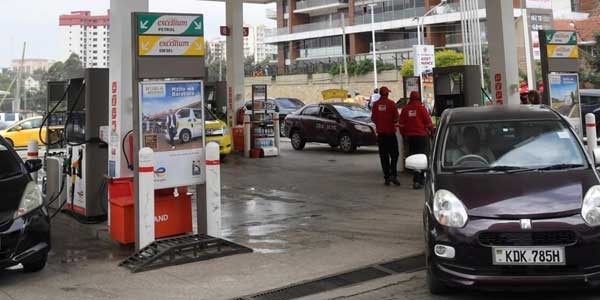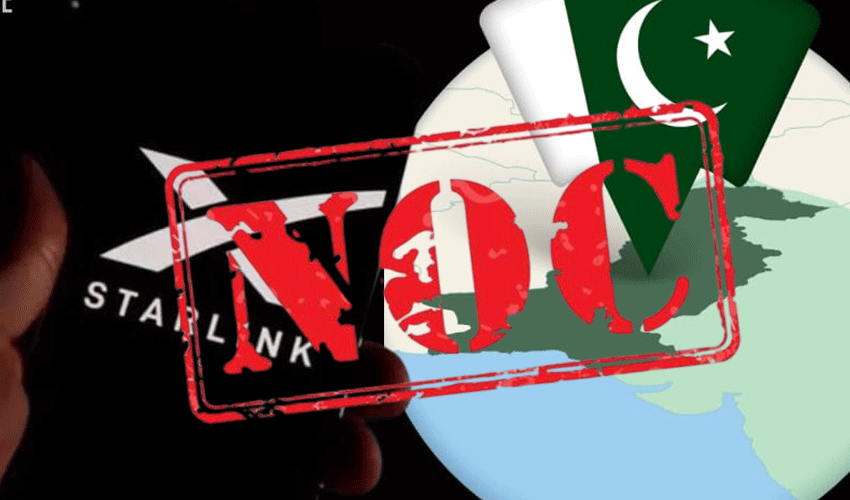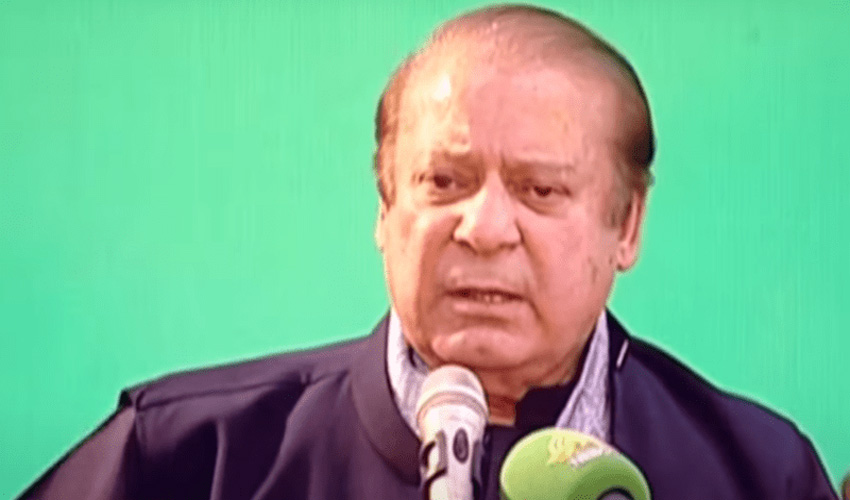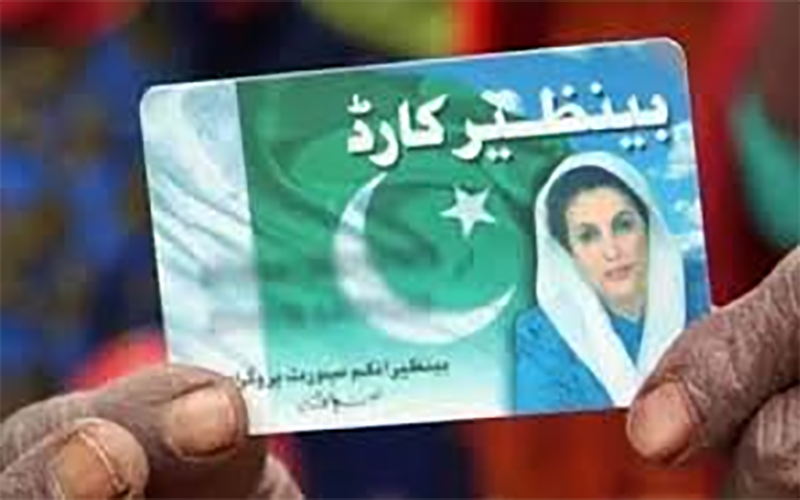Kenya witnessed on Friday an unprecedented surge in fuel prices, reaching a historic high and adding to the economic burden that has been weighing heavily on millions of citizens.
The Energy and Petroleum Regulatory Authority's announcement sent shockwaves through the nation as it pushed the retail price of a litre of petrol beyond the 200 Kenyan shilling mark, reaching a staggering $1.36.
This dire situation compounds the existing challenges that Kenyans face, characterised by a soaring cost of living. Citizens are grappling with escalating prices for essential commodities, an array of new taxes, and a steadily depreciating shilling.
Effective from Friday and set to endure until October 14, the new pricing structure has caused a significant spike in fuel costs, especially in the capital city of Nairobi, where a litre of petrol now stands at 211.64 shillings ($1.44). Diesel follows closely at 200.99 shillings, with kerosene at 202.61.
Energy Minister Davis Chirchir attributed part of this predicament to the recent reduction in oil output by major producers Saudi Arabia and Russia. This move has propelled global crude prices to a 10-month high, exacerbating the pain for Kenyan consumers.
Chirchir candidly admitted, "There's nothing much we can do... certainly the pain is heavy; it's not going to be easy," when speaking to parliament's energy committee.
The gradual escalation in pump prices stems from the removal of subsidies, aligning with the International Monetary Fund's demands. Additionally, the doubling of VAT on fuel products, stipulated in the Finance Act signed into law in June, has exacerbated the situation. This legislation introduces numerous new and heightened taxes, justified by the government as necessary to enhance public finances and alleviate the national debt burden.
The Finance Act faces legal challenges, with a Nairobi court expected to rule on its constitutionality in November following protests by several petitioners.
In light of these grim circumstances, media reports have suggested that the government is contemplating further tax hikes, including increased VAT and duties targeting various sectors, such as agriculture and vehicle ownership. These potential measures are outlined in a Treasury strategy review extending to 2026–2027.
Many Kenyan citizens have accused President William Ruto of reneging on campaign promises made during last year's election, where he pledged to enhance the welfare of ordinary people.
Although Kenya's inflation rate dropped to 6.7 percent in August, the past year has witnessed a substantial increase in petrol prices by 22 percent, electricity costs by nearly 50 percent, and staple commodities like sugar and beans surging by 61 percent and 30 percent, respectively.



























